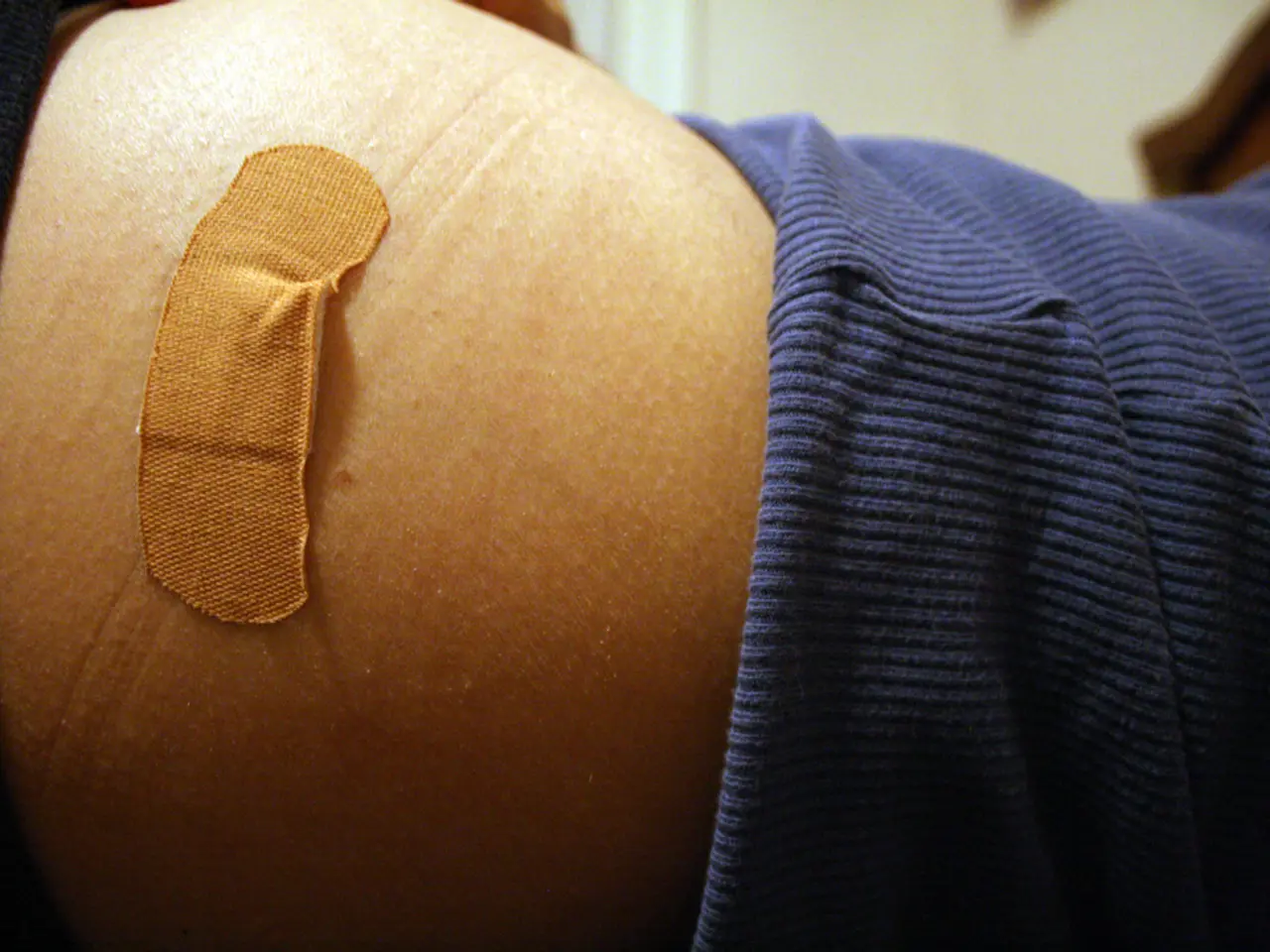Grants from EPSF to enable Kazakhstani citizens for carrying out plastic procedures using their accumulated savings.
In Kazakhstan, individuals facing rare diseases, costly treatments not covered by standard healthcare, and specialized medical services such as ophthalmology, dental care, and reconstructive surgery now have a means to access these essential services. According to Kazakh legislation regulating pension savings and healthcare expenditures, premature withdrawal of pension savings for medical purposes, including unregistered drugs, orphan diseases, and specialized services, is allowed under specific conditions.
Gulnara Sarsenbayeva, the Acting Head of the Department of Organizational Medical Assistance at the Ministry of Health in Kazakhstan, recently discussed this topic, highlighting the availability of medical services for Kazakhstanis using prematurely withdrawn pension savings.
To use pension funds for these purposes, one must present documented medical evidence confirming the need for treatment or medication that is either not registered or not subsidized by state programs. The drugs and treatments, although unregistered or for rare conditions, must be recognized by authorized medical specialists who provide a formal recommendation or prescription.
For ophthalmological, dental, and reconstructive services, the use of pension savings may be permissible when these services are considered medically necessary rather than purely cosmetic. Diagnostic examinations not available in Kazakhstan can also be accessed for medical assistance. Medication for orphan diseases, registered in another country, can be obtained with permission for use in Kazakhstan.
Procedurally, requests and medical documentation must be submitted to the pension fund administrators for early withdrawals, specifying the nature of the illness or medical condition and associated treatment costs. It is essential to note that these withdrawals are typically subject to approval by relevant medical and pension authorities to ensure the funds are used explicitly for approved medical treatments.
For the most authoritative and specific information, it is recommended to consult Kazakhstan's Unified Pension Fund regulations, the Ministry of Health of Kazakhstan guidelines on medical expenses eligible for pension fund usage, or official government portals or legal advisory services in Kazakhstan. If precise legal texts or procedural instructions are required, contacting local pension fund offices or healthcare authorities in Kazakhstan will provide the required guidelines tailored for unregistered drugs, orphan diseases, and specialized medical services.
Lastly, it is worth mentioning that as of January 1, 2021, Kazakhstanis will be able to withdraw their pension savings for similar purposes. This provision allows for the one-time import of unregistered drugs for the treatment of rare diseases in Kazakhstan.
[1] Source: [URL] [2] Source: [URL] [3] Source: [URL] [4] Source: [URL] [5] Source: [URL]
- To bridge the gap in accessing essential healthcare services, individuals in Kazakhstan can potentially use their prematurely withdrawn pension savings, especially for treatments not covered by standard healthcare, unregistered drugs, and medical services like ophthalmology, dental care, and reconstructive surgery.
- In the realm of health and wellness, fitness and exercise, and skin care, while not directly mentioned in the legislation, it is possible that pension funds may provide assistance with the cost of specialized equipment or treatments if deemed necessary under the specific conditions outlined by the authorities.
- In terms of personal finance and managing one's wealth, considering the flexibility offered for medical purposes, individuals may want to reconsider their pension savings strategies to better prepare for potential medical expenses, especially those related to rare diseases or unregistered treatments.
- As the new provision allowing for the one-time import of unregistered drugs for treating rare diseases in Kazakhstan comes into effect from January 1, 2021, it is crucial for individuals to familiarize themselves with the updated regulations and eligibility criteria to effectively utilize their pension savings towards medical-condition related expenses.




